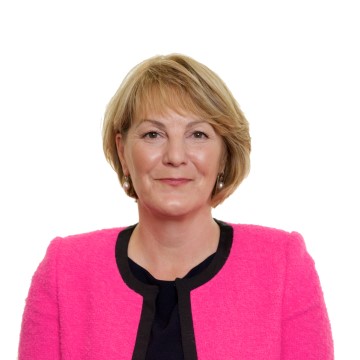01 April 2022
The Coronavirus Job Retention Scheme (CJRS) has supported a total of 11.7 million jobs at various times from 1.3 million employers at a cost of £70bn. Furloughed employees had to receive 80 per cent of their pre-furlough reference salary up to a maximum of £2,500 per month.
What is the price of getting CJRS wrong?
- Legislation allows for a 100 per cent tax charge on incorrect claims not returned or reported to HMRC in a set timescale plus penalties.
- HMRC will consider criminal prosecution with penalties of up to 10 years in prison for fraudulent claims.
- HMRC audits requiring records retention for six years (the furlough agreement for five years or until 30 June 2025).
- Auditors, shareholders, audit committees, directors, trustees or pensions trustees will require assurance that CJRS claims and associated payments are correct.
What are some common CJRS mistakes?
- Furlough agreements unfit for purpose.
- Employees only on furlough leave whilst on holiday.
- Calling furloughed employees back to work for emergencies without claims adjustment.
- Employers expecting CJRS to fund all redundancy costs including PILONs.
- Invalid earlier furlough period preventing furlough claims after 1 July.
- Incorrect calculations resulting in for example underpayments to employees’ pensions funds.
- Making employees settlement offers on termination through extending notice periods served on furlough.
How can RSM help?
① Furlough agreements compliance review.
② Support to ensure employment terms changes including pay reductions during furlough were effective.
③ Holiday planning to meet both CJRS claims and annual leave requirements.
④ Assistance with claims, reviews and correction reporting to HMRC.
⑤ Reviewing that furlough procedures supported the claim requirements.
⑥ Assistance with making sure all parties were paid the correct amounts including reference salary correctly calculated and employees' pay and pensions schemes deduction were correct.
⑦ Redundancy costs structuring using CJRS support was correctly applied.
For more information, please contact Carolyn Brown, Susan Ball and Charlie Barnes.













